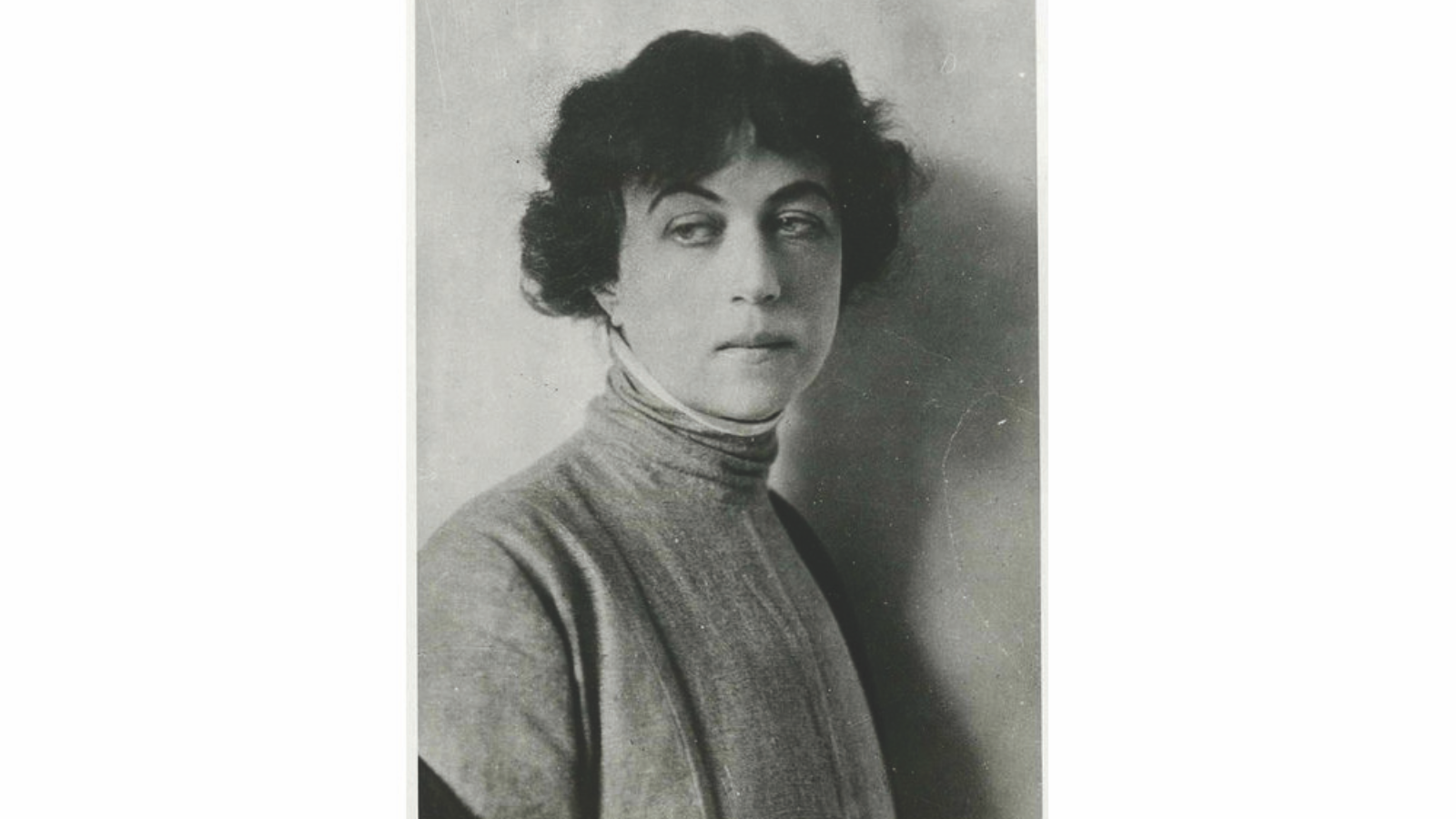By Kristen R. Ghodsee
In recent years, American and Western European policymakers and business leaders have been forced to confront stark gender imbalances within prestigious and well-paid fields, including medicine, science, and engineering. Although some wish to lay the blame on intrinsic neurobiological differences between the sexes, a glance toward the East deflates this argument. In 2015, an OECD report on health found that six of the top 10 countries with the highest percentage of female doctors are in Eastern Europe. An astounding three-fourths of all doctors in Estonia are women, compared to only one-third of the doctors in the United States. A 2015 UNESCO report determined that Eastern European countries have far more women working in the fields of research and development than in Western Europe. Of the top 10 European nations with the highest percentage of women working in the “high-tech sector,” eight of them are in the East.
The reason behind this is simple: The legacy of decades of state socialist rule means that women face far fewer barriers to professional success in Eastern Europe than they do almost anywhere else. At the most fundamental level, the region’s post-1989 constitutions continue to assert that women have equal rights as men. Many nations also offer explicit constitutional commitments to mothers. For example, Bulgaria’s constitution guarantees “prenatal and postnatal leave, free obstetric care, alleviated working conditions, and other social assistance.”
Of course, enlightened constitutions do not eradicate everyday sexism, and Eastern European societies are still infused with male chauvinism. But the culture of state socialism did profoundly shift attitudes and make it more socially acceptable for mothers to work full time. Almost three decades after the fall of the Berlin Wall, the gender pay gap is smaller in Hungary than it is in neighboring Austria. More significantly, 73 percent of children between the ages of 3 and 6 attend formal kindergartens in Hungary, compared to only 26 percent attendance in Austria among children the same age. This state of affairs can be traced back to the work of Alexandra Kollontai, a Russian aristocrat with a zeal for social justice and women’s rights.
* * *
* * *
Kristen R. Ghodsee is professor of Russian and East European Studies at the University of Pennsylvania, specializing in the lived experiences of socialism and postsocialism in Eastern Europe. Her articles and essays have appeared in publications such as Foreign Affairs, Dissent, Aeon, and the New York Times, and she is the author of seven books, most recently, Red Hangover: Legacies of 20th Century Communism (Duke University Press, 2017).
[Photo courtesy of Sovieteca]* * *
